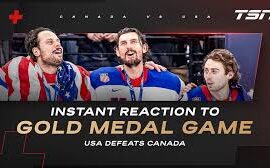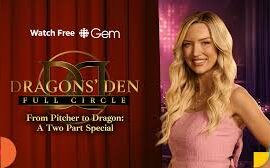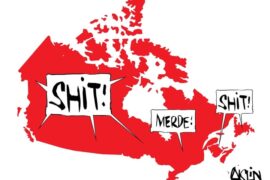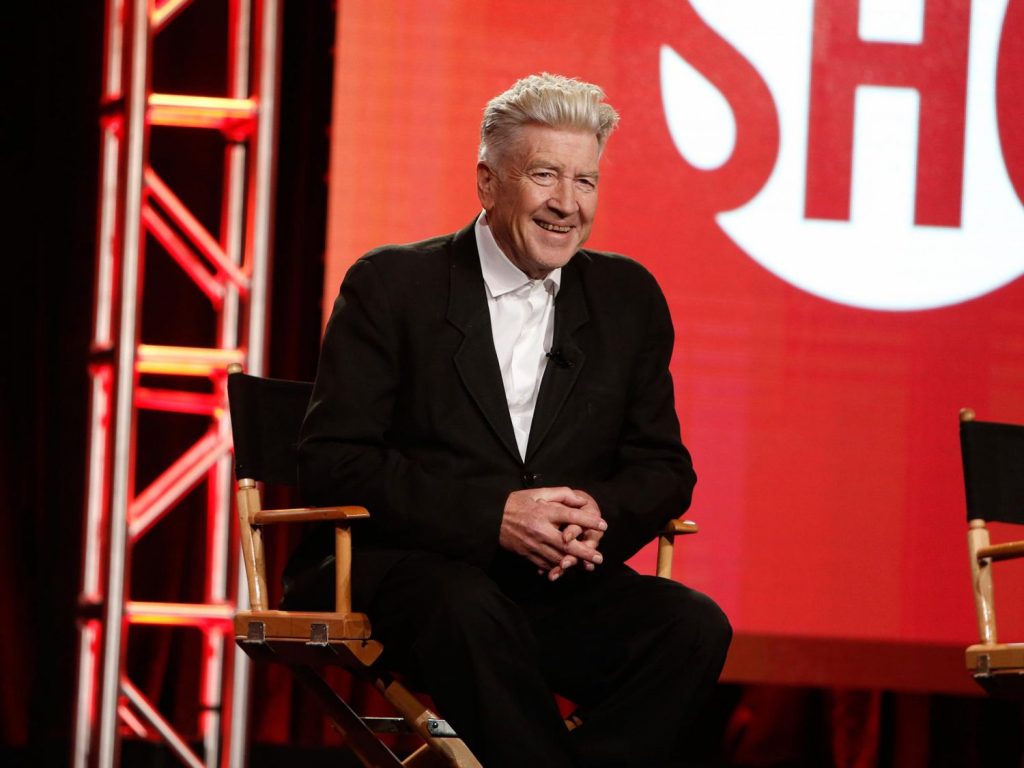
Back when Twin Peaks premiered in 1989, there were no little people speaking backwards on television. Plenty of double talk, but nothing even close to the nightmarish, fascinating world of David Lynch.
The award-winning filmmaker, painter and artist passed away Jan. 15 after years of declining health due to emphysema after a lifetime of smoking.
Lynch, originally from Montanna, wrote and directed other projects of course. Few moviegoers were ready for “Eraserhead” when it came out in 1977. “The Elephant Man” (1980) a startling albeit more conventional feature produced by, of all people, Mel Brooks, reached a broader audience. “Blue Velvet” (1986) was even more creepy and intoxicating.
That all led to the premiere of Lynch’s first TV series, Twin Peaks, on April 8, 1989. It struck like a dark thunderbolt. The Cosby Show, Roseanne, Cheers and The Golden Girls were all hits. It was so long ago Matlock starred Andy Griffith, not Kathy Bates. Could you get any further away from Matlock than Twin Peaks?
I was working then at TV Guide Canada, and remember the entire office being blown away after screening the feature-length pilot. Overnight, it seems, people were repeating Agent Cooper’s request for “damn fine coffee” and pie. We all wondered who killed Laura Palmer.
That this series aired on ABC — not Showtime, as the sequel did 25 years later, or HBO or some streaming service — is the real shocker. Lynch, together with fellow executive producer Mark Frost, changed the narrative. They were years ahead of the curve and paid for it in a way when the series flamed out in a season-and-a-half.
advertisement
When the series was rebooted in 2017 it led to one of those rarified moments for the Television Critics Association at that winter’s press tour in Pasadena. Lynch was brought on stage to the stirring Angelo Badalamenti theme. Other than not walking in backwards as the house lights strobed, he did not disappoint. With that crazy tower of white hair reaching for the ceiling, Lynch sounded like a combination of Alfred Hitchcock and Chauncey Gardner from “Being There.”
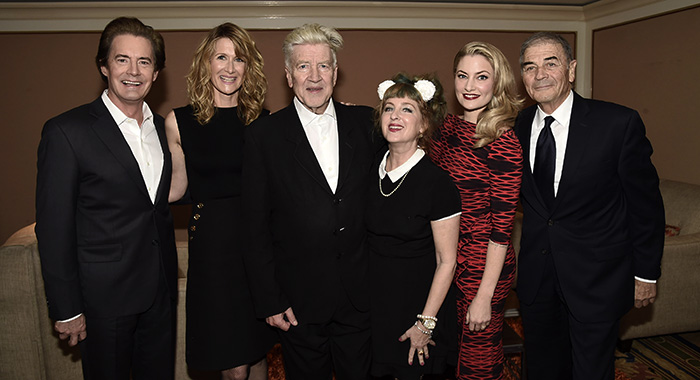
A reporter opened the session by asking how Lynch and Frost divided their duties on the reboot. Frost had recently written a book, and there were rumours the two had differences of opinion as to how to continue the series. Lynch (who wouldn’t talk about it at the session) at one point reportedly walked away from the remake.
Slowly and deliberately, he began his sermon:
In the beginning, many years ago, we were, Mark and I, as if lost in the wilderness, as it always is in the beginning, and then we seemed to find some mountain, and we begin to climb, and when we rounded the mountain, we entered a deep forest, and going through the forest for a time, the trees began to thin. And when we came out of the woods, we discovered this small town called Twin Peaks. And we got to know many of the people in Twin Peaks, and the people who visited Twin Peaks, and we discovered a mystery, and within this mystery were many other mysteries. And we discovered a world, and within this world, there were other worlds, and that’s how it started, and that’s what brought us here today. This story continues.
Yeah, but answer the question, pressed the reporter. How did he and Frost work together?
“On Skype,” Lynch responded.
Other actors in the re-boot were Kyle MacLachlan (Cooper), Mädchen Amick, Miguel Ferrer and Kimmy Robertson. Robert Forster took over as Sheriff Harry S. Truman from Michael Ontkean, who had retired from acting.
According to Forster, Lynch’s advice about facing critics at press tour was to “get on that panel but don’t tell them anything.”
Lynch, who directed all 18 episodes of the reboot, was more expansive answering some other questions. It wasn’t “story problems” that killed the original run of Twin Peaks, he said.
“What killed Twin Peaks originally, who killed Laura Palmer was a question that we did not ever really want to answer, and that Laura Palmer mystery was, like I said, the goose that laid these little golden eggs. And then at a certain point, we were told we needed to wrap that up and it never really got going again after that.”
Told a Showtime executive described the new take as “a pure heroin version of David Lynch,” the director replied, “I hear heroin is a very popular drug these days.”
Finally, Lynch seemed very happy to be continuing the story, and as for that original pilot, as much as we all loved it, he loved it even more.
“That, for me, set the tone, and made the world and the characters for me. That started the thing, and I felt really good about that mood and that story, those characters. Just fell in love, deep, deep love.”




